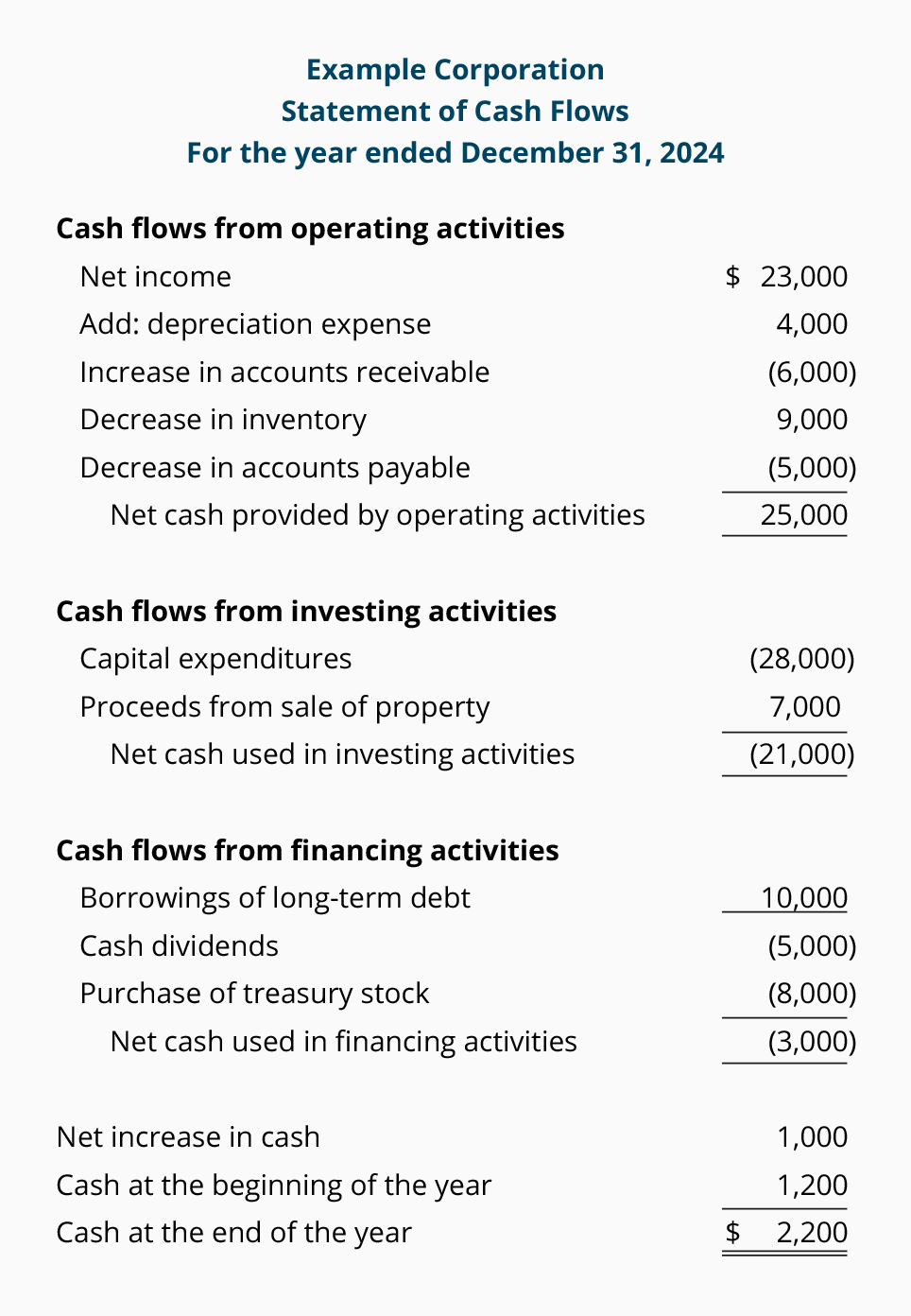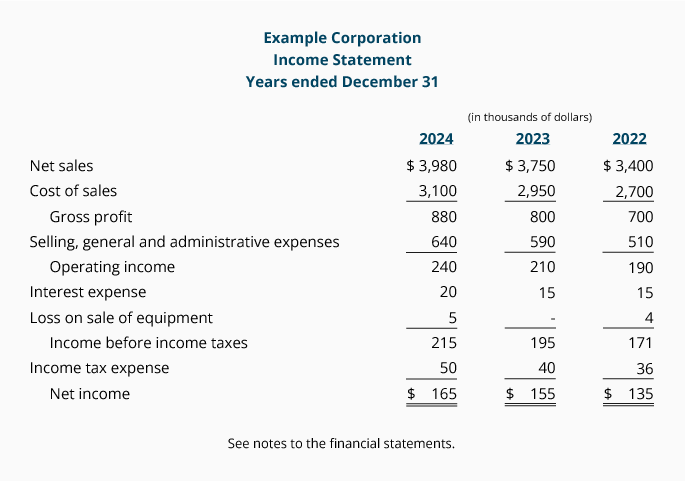Other than Wuhan, I am dealing with crisis that has nothing to do with the virus outbreak. I took a blood-test this morning and the results alarmed my specialists so much so that he has to call me up and ask whether there is anything wrong with me. Apparently, I have been working out so aggressively that my Creatine Kinase levels have shot up the roof. I was actually asked by a doctor to STOP WORKING out for one week. In Chinese Wu Xia, this is Zhou2 Huo3 Lu4 Mo2 or "Walk-Fire-Enter-Demon".
Beyond that, let's talk about the Wu Han outbreak. As I am still shaping my ideas, this article is not ready for Dr Wealth blog yet.
Here's what I think :
a) Maybe we should not put so much weight to historical market performance in virus outbreaks.
It is very tempting to make a buy call at this time and it would be really objective in the face of data from outbreaks like SARS and H1N1. Still, I don't think it is wise to start buying now yet. We know objectively that the Wuhan virus has a lower fatality rate, but the transmission rate is likely to be higher than SARs, so I am not about to throw caution into the wind yet. This can still be unprecedented.
Also markets may face another downturn when the first person to person transmission happens in Singapore. I see the probability of this happening in a few months to be very high.
b) Observe the virus, don't fixate on financial ratios
At least Ray Dalio put something up on the virus. HK and China markets are expected to rally if the rate of change of infected becomes zero. Another words, markets will rally when the number of infected stabilize start trending downwards. We're still months behind this milestone.
The problem is publishing this information is that almost every smart investor will look out for stabilization of infected people. So if you want to front-run the smart money, you may have to take the second derivative of the infection over time function. Another words, start buying tactically when the infection numbers stop accelerating, exposing yourself to more downside risk.
Another way to assess the virus is via the basic reproduction number or R0. A precise figure is unknown right now but is now expected to be higher than SARs. If the rate of contact can be reduced, the R0 should be able to drop below SARs.
Coincidentally, I have written about this before.
c) Even if you time the market, the question is what to buy
The simple answer is anything related to HK or China.
If it were me, I'd buy a quintet consisting of CRCT, Sasseur, EC World, MNACT and YZJ, collectively they pay a decent dividend. Still, I think buying anything on the Singapore market will lead to very small gains because we are actually not too bad at controlling the virus.
d) I have suggested to my ERM graduates to stay put and get on with their lives
As the virus outbreak is a significant sea-change in the economy, quantitative models can be invalidated overnight. On the first day of the market reaction, I got worried because our consolidated portfolio lost 2.3% when the blue-chip and REIT market lost about 1.7-1.8%. As our portfolios are designed to be already very defensive, this was very new behavior and I was concerned for a short while. The subsequent behavior on other days were normal and we consistently outperformed the indices on a downturn all thanks to the dividend paying season for the past 2-3 days.
Naturally, some students got stung by their positions in YZJ but I reminded them that they also put in positions in Parkway Life REIT. A good portfolio should have a poison and antidote built-in to counter different situations. Therefore, I think that, net-net, it's better to ride out the virus and be paid dividends for their patience.
So basically, that's it. I am counselling indifference to the Wu Han outbreak for now and rather focus on getting the masks from the CCs over the next few days. I got Book 3 of the Legend of the Condor Heroes - A Snake Lies Waiting and will be binge watching The Expanses.
Even my D&D game tomorrow has been cancelled !









